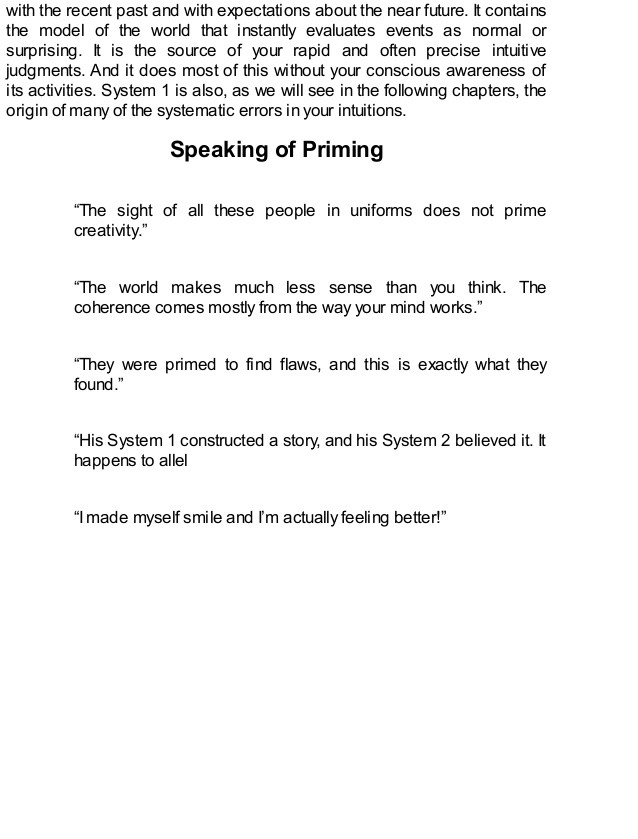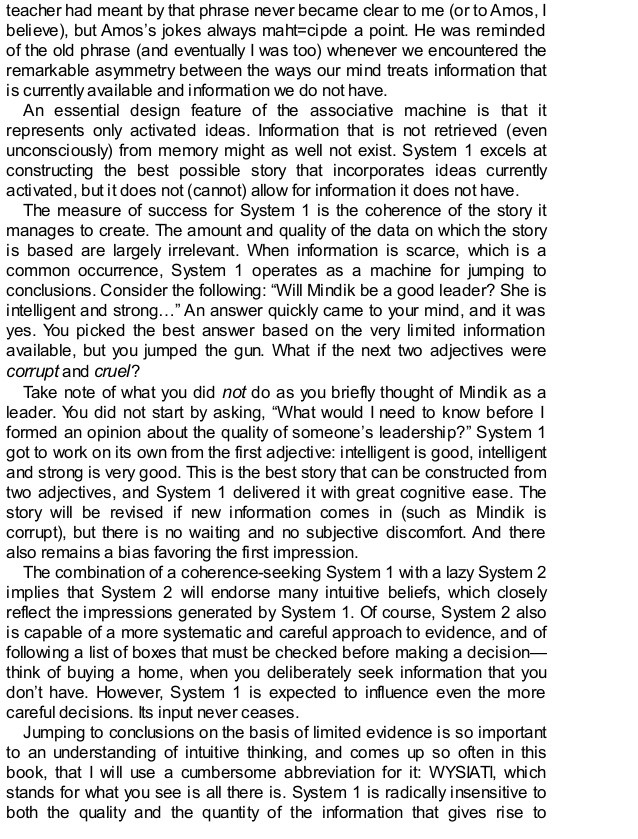Cognitive Biases How Thinking Shortcuts May Cause Thinking Blind Spots When You Invest The
Post on: 16 Март, 2015 No Comment

Cognitive Biases How Thinking Shortcuts May Cause Thinking Blind Spots When You Invest
You do not see the market clearly. No one does. You are peaking through a crack through a wall when you make an investment, or a trade. The mass that blocks your view from true reality is often referred to as a cognitive bias. In fact, there isnt just one cognitive bias that makes up the wall that blocks your view of how things really are; there are dozens.
Cognitive biases are simply thinking shortcuts, ways you process the infinite amount of information that bombards your reality every day. (If you want to impress people, call them heuristics.)
Biases arent necessarily bad. They are actually forms of pattern recognition one of the reasons humans remain at the top of the food chain. In fact, you might go crazy if you didnt have some way to turn the swirling clouds of data that inundate us into sensible patterns. However, if youre not aware of your own biases and acknowledge that they help you make decisions, these lenses quickly become blinders. Here are a few cognitive biases that might affect how you think about investing.
Anchoring or focalism – this is the tendency to rely too much on one piece of information when making decisions. Some investors have a particular metric when the make their decision and ignore other signs of company performance.
Backfire effect – when something happens to cause you to doubt your belief, you strengthen that belief. Ever buy something after a rapid loss and call it a buying opportunity?
Bandwagon effect – just because everyone is buying a house with a high-risk mortgage, you can do the same.
False-consensus effect – the tendency of a person to overestimate how much other people agree with him or her. Just watch any of the financial news networks until you find one that agrees with you.
Information bias – the tendency to seek information even when it cannot affect action.
Focusing effect – the tendency to place too much importance on one aspect of an event. You may experience this when, lets say, the Fed makes one move, while there are other economic factors that are just important, and you focus on the Feds decision.

Optimism bias – the tendency to be over-optimistic, overestimating favorable and pleasing outcomes.
Pessimism bias – the tendency to overestimate the likelihood of negative things happening to them.
Recency bias – events that just happened seem more important. For example, a company has a good quarter after a string of lousy quarters and you focus on the new numbers.
Typically, we dont suffer from one bias but dozens. Sometimes, these biases are bouncing around at the same time.
Heres a good list on Wikipedia .
Leave Blank: Don’t Change:














